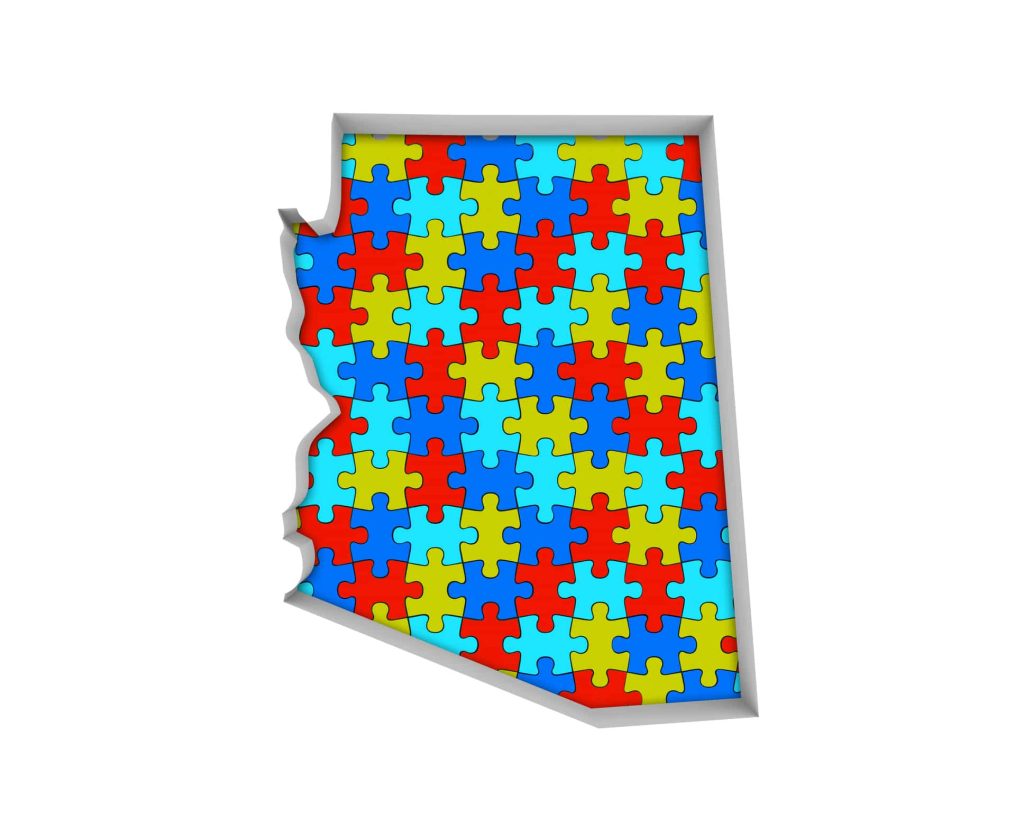Now that the ABLE Act in Arizona is a little more than a year old, it might be a good time to review the rules, when it makes sense to open an ABLE Act account and what limitations you might face. Our podcast episode this week also deals with ABLE Act accounts. Between our two efforts, we hope to be able to explain the law and the accounts as they now work in Arizona.
What is the ABLE Act?
Congress adopted the Achieving a Better Life Experience Act in 2014. It allowed individual states to set up financial accounts that could be owned and managed by individuals with disabilities — without affecting their eligibility for Supplemental Security Income (SSI) or Medicaid (in Arizona, AHCCCS).
Arizona took some time to get its program up and running. By early 2018, though, the Arizona ABLE Act account was available. If you qualify, it is easy to sign up and open the account. Everything is done online.
How do you qualify? First, you have to be “disabled” within the meaning of the Social Security law. If you’re receiving SSI or Social Security Disability (SSD) payments, you qualify.
The second requirement is that your disability must have begun before you reached age 26. Why that age, and not 22, or 45 — or no age requirement at all? There is no good reason: Congress was worried about how much the availability of ABLE Act accounts might cost the system, and so limited them to people with early-onset disabilities.
Each ABLE Act account can be managed by the person with a disability, or by parents or guardians. Even a person holding a power of attorney can manage the account. Everything is done online.
One key thing to keep in mind: the ABLE Act account balance is paid to the Arizona Medicaid program upon the death of the account owner. If the account holds more than Medicaid paid in benefits during the owner’s life, any leftover amount is paid to the owner’s estate. Some states have decided to forego that reimbursement, but the ABLE Act in Arizona follows the federal requirement.
How much can you put in an ABLE Act account?
No more than $15,000 (from all sources) can be put into an ABLE Act account in a given year. Actually, a person with a disability who also works can put a portion (up to almost $13,000) of their earnings into the ABLE Act account in some circumstances.
There is a lot of confusion about the limitations on ABLE Act accounts. If a given account grows to more than $100,000 then the beneficiary loses SSI (but keeps their AHCCCS) until the account returns below that figure. And there is a lifetime maximum on contributions to the ABLE Act in Arizona: $476,000. Of course, at $15,000 per year it will take any ABLE account beneficiary over thirty years to bump up against that limitation.
Money going into an ABLE Act account is not counted as income to the beneficiary — though it might have been income (if, for instance, it comes from the beneficiary’s wages) before the ABLE deposit. Meanwhile, money in the ABLE Act account is not counted as an available resource for SSI, Medicaid/AHCCCS, Section 8, or TANF purposes. Distributions from the account are not income, either. And there is no income tax on the earnings inside the ABLE Act account.
We have written about the ABLE Act in Arizona before. Our article last year, just as the new accounts rolled out, discussed these rules and more.
Who is using the ABLE Act in Arizona?
After more than a year of experience, we can now figure out a few things about Arizona ABLE Act users. There are almost 800 individuals with Arizona ABLE Act accounts. Almost a third of them have in-name-only accounts — that is, with no money yet deposited.
The most common account size, though, is between $1,000 and $10,000; a little over one-third of account holders fit into that range. The average account is about $5,000, but half of the accounts are less than $2,500 (the median is actually $2,495.58 as of June 30, 2019).
About half of ABLE accounts in Arizona are held by SSI recipients. The other half are about equally split between SSD recipients and people who have simply declared that they had a disability before age 26. Developmental disorders account for about half of Arizona ABLE participants. The average age of beneficiaries of the ABLE Act in Arizona? 28.
Should I open an ABLE Act account in Arizona?
If you or a family member have a disability, an Arizona ABLE Act account might be a useful technique for managing funds. It’s not a substitute for a parent’s estate planning, however — parents still need to consider a third-party special needs trust. In fact, good planning will help the two devices work together to maximize autonomy AND benefits for the family member with a disability.
If you have set up a Section 529 (education) account for someone who later developed a disability, the ABLE Act might give you some opportunities for dealing with that education account. Get good advice, though. It’s not always obvious that you should simply make the conversion that Congress has permitted you to consider.
Are Arizona’s ABLE Accounts better than those in other states? Actually, Arizona has decided to piggy-back on the Ohio ABLE accounts. If the beneficiary lives in Arizona when you open an Ohio account it simply turns into an ABLE Account in Arizona. In fact, about half of the states have signed up with the Ohio program; another quarter of the states are part of a consortium that is operated as a larger group. Only a handful of states have gone it alone.
Are there other questions I should consider?
Oh, yes. If you’re considering an ABLE Act account for yourself or for a family member with a disability, you should get good legal advice before making your final decisions.




One Response